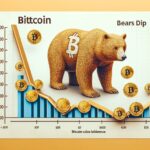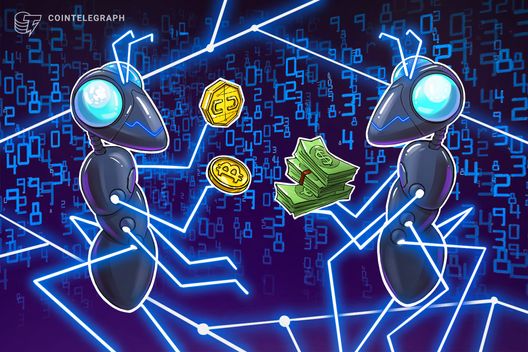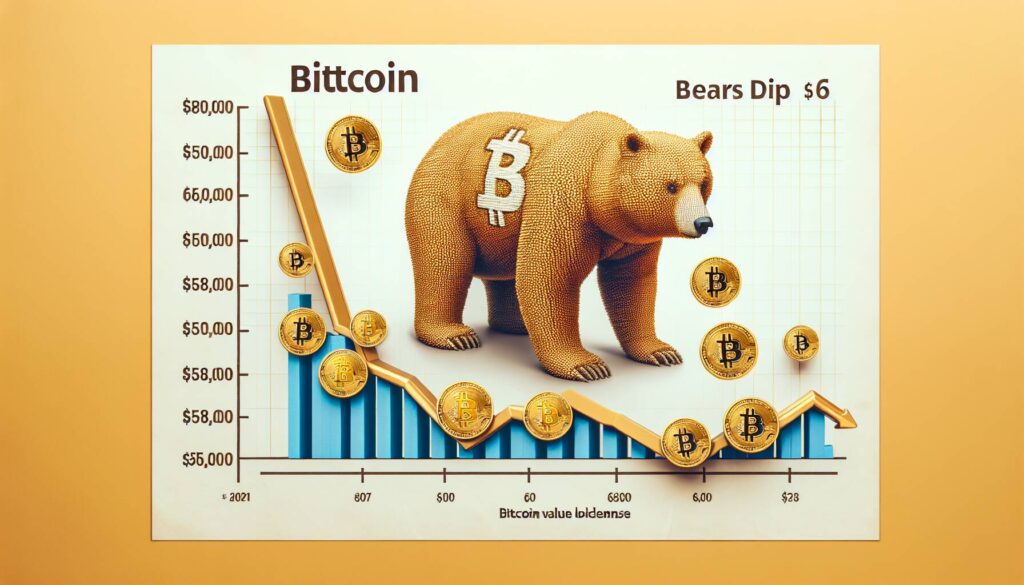In the ever-evolving world of cryptocurrency, a new player is set to make waves with the introduction of a perpetual decentralized exchange (DEX). This endeavor comes on the heels of a recent report by VanEck, which emphasized the impressive growth of Hyperliquid, a platform now emerging as a formidable competitor to established blockchains like Solana.
Hyperliquid’s Ascendancy: The findings from VanEck reveal that Hyperliquid is not just another DEX; it is carving a niche for itself by attracting significant trading volume and user interest. This increase in activity has been noted to come at the expense of larger platforms, which raises intriguing questions about the shifting dynamics within the crypto marketplace.
As the perpetual DEX plans unfold, the cryptocurrency landscape is watching closely to see how Hyperliquid’s innovations could disrupt traditional trading paradigms and influence the future of decentralized finance (DeFi).
With notable developments brewing in this space, it appears that Hyperliquid is not merely participating in the existing ecosystem but is actively reshaping it, showcasing the rapid innovation that characterizes the cryptocurrency industry.
Impact of Hyperliquid’s Growth on DEX Market
Key aspects regarding the developments in the decentralized exchange (DEX) market influenced by Hyperliquid’s growth:
- Emergence of Perpetual DEX: New plans are being formulated for a perpetual DEX, indicating evolving trading strategies and opportunities.
- Hyperliquid’s Growth: Hyperliquid has amplified its presence significantly, impacting the competitive landscape among DEX platforms.
- Impact on Solana and Other Chains: Hyperliquid’s rise comes at the cost of established networks like Solana, suggesting a shift in user preference and liquidity allocations.
- Market Dynamics: The growth of Hyperliquid could lead to increased innovation and service offerings within the DEX market, pushing competitors to enhance their platforms.
The developments could influence investors and traders by presenting new opportunities and challenges in a rapidly evolving decentralized finance landscape.
Hyperliquid’s Rise: A Shift in the Decentralized Exchange Landscape
The recent announcement of a new perpetual decentralized exchange (DEX) aligns with trends highlighted in a recent VanEck report regarding Hyperliquid’s impressive performance, particularly as it pulls users away from established players like Solana. This shift in market dynamics emphasizes Hyperliquid’s competitive advantage in offering innovative trading solutions that cater to the evolving needs of liquidity providers and traders alike.
Competitive Advantages: Hyperliquid’s growth can be attributed to its ability to provide a seamless user experience and enhanced liquidity features compared to traditional chains. Unlike Solana and its counterparts that have faced scalability issues, Hyperliquid appears to thrive in offering faster transaction speeds and lower fees, which are crucial for high-frequency traders. Additionally, the timing of the new perpetual DEX introduction indicates a strategic move to capitalize on market sentiment, potentially attracting even more users looking for efficiency and reliability.
Disadvantages: However, the rapid expansion of Hyperliquid could lead to challenges, particularly in ensuring adequate security measures and maintaining user trust. The vast number of DEXs available may lead to saturation, making it difficult for new entrants to differentiate themselves effectively. Moreover, potential vulnerabilities in new technology implementations could pose risks, especially if they do not meet the high standards set by competitors who have already established their reputations in the market.
Traders seeking better platforms will likely benefit from Hyperliquid’s innovation, as it promises improved functionality. However, users currently loyal to platforms like Solana may encounter issues as their preferred services struggle to meet the new competitive standard. Additionally, liquidity providers might face dilemmas as they contemplate moving assets away from established ecosystems for potentially higher returns with Hyperliquid, but at the risk of engaging with a nascent DEX that may lack a proven track record.

















